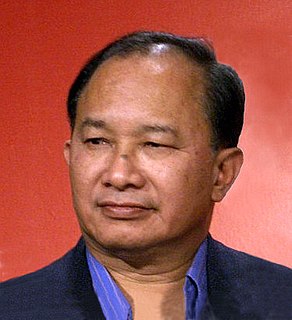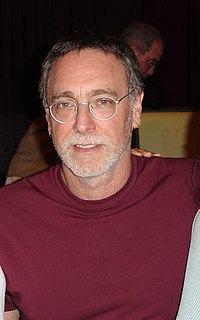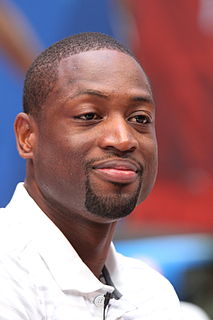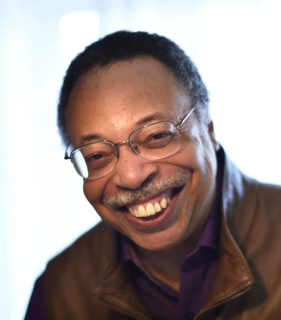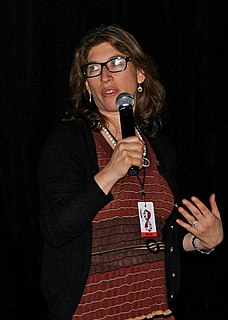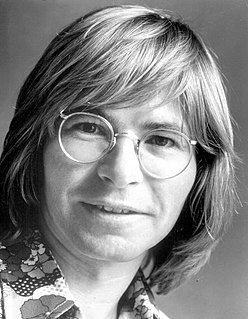A Quote by Paul Beatty
In The Sellout I tried to capture how we can talk and see race, how we see urbanity, and how we see our history.
Related Quotes
I don't see people. I don't see men and women at all. When I see them, I see... their mothers and fathers. I see how old they are inside. Like when I look at the president, or anybody in a record company, or a store owner, I may see a little boy behind the counter with the face of an old man. And that's who I talk to.
My wife's dying upstairs and I can't do anything about it. I look in her face and I see the memories there. I see how I hurt her and how I said the wrong things and how I got angry and how I wasn't the man she hoped I'd be. I see that in her face and I see she's going to die with that. You think I'm not preoccupied?
I suppose the "dilemma" might come up if I see a black athlete from the U.S. squaring off against a white Canadian athlete. Who do I want to identify with? I certainly will not and cannot say that race determines how I see competition. I'm certainly aware of how race plays into the way others see and portray competition some times, but I don't have to invest in it that way myself. Unless it's boxing.
I didn't want to audition the kids so much; I just wanted to talk to them because I like seeing how they are because their mothers usually mess them up with practice. So, I'd rather talk to them and see how they respond. I just throw things at them and see how they can hit the ball back, and Saniyya Sidney was good.

